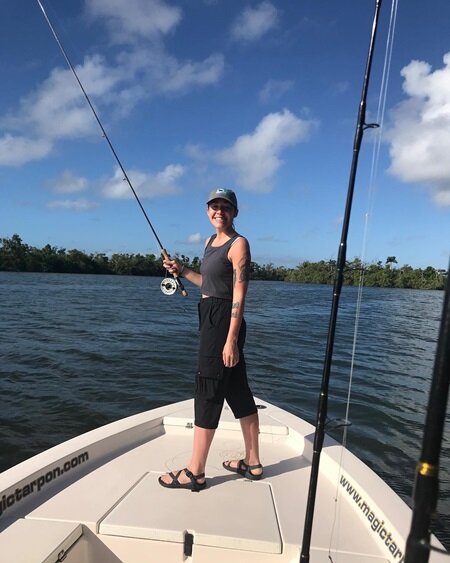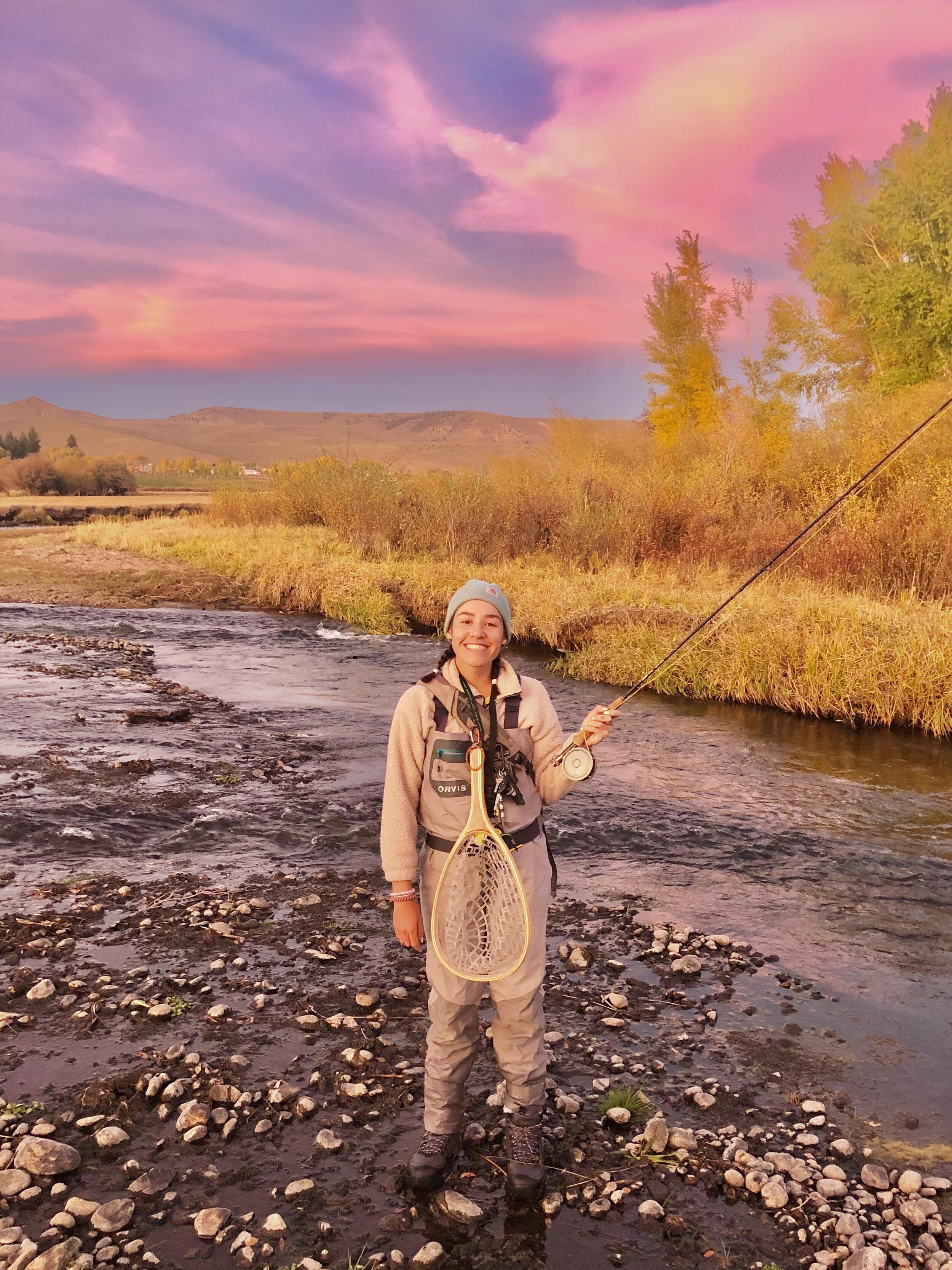Guest Blog: Building Community and Sharing our Outdoor Connections During Latino Conservation Week
This piece originally appeared as a blog post on July 21, 2021 via The National Wildlife Federation during Latino Conservation Week.
By Bianca McGrath-Martinez | 07/21/2021
Saturday, July 17th marked the start of the 8th annual celebration of Latino Conservation Week, which is an initiative of the Hispanic Access Foundation created to support Latinx communities getting into the outdoors and participating in activities that protect our natural resources. The goals of Latino Conservation Week include:
Providing Latinx families and youth with outdoor recreation opportunities near their homes;
Demonstrating the Latinx community’s commitment to conservation;
Partnering with Hispanic and/or Latinx community leaders and organizations to support local; and national conservation issues; and
Informing policymakers, media, and the public of the Latinx community’s views on important local and national conservation issues.
Events during Latino Conservation Week can include river and land clean-ups, nature walks, trail maintenance work, fishing and hunting activities, birding, and so much more. Latino Conservation Week has given the Latinx community the platform and resources to showcase our dedication and strength within the conservation community. As a land-based people, LCW is an opportunity for us to highlights these traditions.
My introduction to the conservation world was through an AmeriCorps position with an organization that uses fishing as a tool to connect people to conservation. I was fortunate to have colleagues and friends that were willing to spend their time teaching me how and where to go fishing in Colorado, where I had just moved to from Los Angeles. I fell in love with fishing almost immediately. I have been exposed to places in Colorado and throughout the country that I would have never thought to venture to without fishing as motivation. I am also constantly being challenged and learning more about technique, fish habitat, entomology, water and fish conservation.
After a few years of fishing, I decided that I wanted to learn how to hunt. Most of my friends that fish also hunt and they opened my eyes to a hunting culture that I never fully understood not having grown up around it. I have struggled to enter this space without equipment, mentorship, and any base knowledge. The one time that I had the opportunity to hunt, I realized how much of a privilege it is to be re-connected with the land, with wildlife, learning a skill that my ancestors utilized for so long.
I have been fortunate to find work and friendships in conservation, hunting, and fishing. My experiences are ones that will be with me throughout my life, but it has been evident to me from the beginning that my experiences , as a Queer, multiracial Latinx woman, have not been suitably represented in this world.
As I dove deeper into fishing, hunting, and the conservation movement through my work, I started to have a more comprehensive idea of the conservation system in the United States. Fishing and hunting licenses sold in the United States are one of the main contributors to wildlife conservation and habitat restoration. Dollars made from those licenses allows for the state wildlife agency to access additional funding that comes from excise taxes on firearms and ammunition, fishing equipment, and boating fuel. Conservation, and the activities that fund it, has always been a powerful tool, but that power has not always been used for good. In the name of conservation, this country has committed atrocities against Native Americans and rewritten history to serve its purpose.
Latino Conservation Week is one of my favorite times of the year. It is a time to reflect on the history of this work and to try to understand where myself and my communities fit in this work. It is a time for me to find community around shared interests, attend and plan events with my Latino Outdoors chapter and HECHO, and use both of those platforms to tell the story of Latinx change makers in the conservation movement who dedicate their lives and all of their time to this work.


